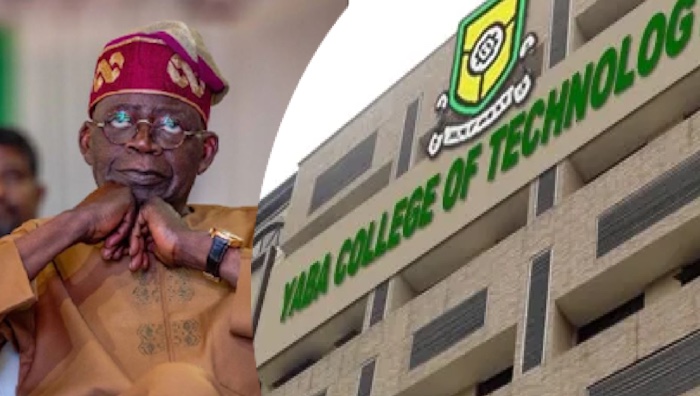Minister of Education, Dr. Moruf Olatunji Alausa, on Friday, announced that President Bola Tinubu has approved the transformation of Yaba College of Technology (YABATECH) into a university.
Dr. Alausa, who disclosed this during his visit to the college to inaugurate and inspect key projects and interact with its staff and industry partners, noted that the staff, students, and management had eagerly awaited this change.
According to him, “The rector mentioned earlier that they have been eagerly awaiting this conversion. While I wasn’t fully prepared for this announcement today, I can confirm that when I discussed the matter with President Tinubu, he quickly gave his approval. I am now just awaiting the official memo and necessary procedures from the relevant authorities.”
He emphasised the institution’s preparedness, noting that with over 200 staff members holding doctoral degrees in various fields, YABATECH is well-equipped to take this next step.
“This achievement is a testament to the President’s commitment to education and his dedication to ensuring that our youths, who are the leaders of tomorrow, receive the best opportunities,” he added.
The minister called for a shift from the traditional white-collar jobs to essential Technical and Vocational Education (TVE) and Science, Technology, Engineering, Mathematics and Medical Sciences (STEMM) as key areas for Nigeria’s development.
He said the nation’s tertiary institutions have long failed to equip students with life skills, resulting in a workforce that lacks the technical expertise necessary for modern industrial growth.
“With the government’s strong commitment to fostering a robust manufacturing and service sector, Nigeria’s economic future depends on building a skilled workforce in these critical fields,” he stated.
The minister noted that despite the country’s growing population and the two million students applying to higher education institutions every year, fewer than one million students are currently enrolled in federal institutions, with less than 200,000 pursuing technical education.
In the light of these challenges, Alausa proposed solutions, including the expansion of existing courses, innovation and the integration of online training programmes offering international certifications in fields like software development, AI, and machine learning.
These short-term courses, he argued, could be completed in as little as six to eight months and would enable students to secure high-paying jobs with international companies, particularly in tech hubs like Singapore and Hong Kong.
He highlighted the potential for Nigerian students to earn salaries in the range of $3,000 to $4,000 per month, providing them with significant financial independence and reducing the need for migration.
Alausa called for a reimagining of higher education institutions as hubs for innovation and research, capable of generating revenue through intellectual property, partnerships with industry, and a strong alumni network.
He urged the college to collaborate with private investors to address challenges like accommodation shortages, emphasising that these partnerships would alleviate the financial burden on the government.
“Government alone cannot do it,” he stated.

